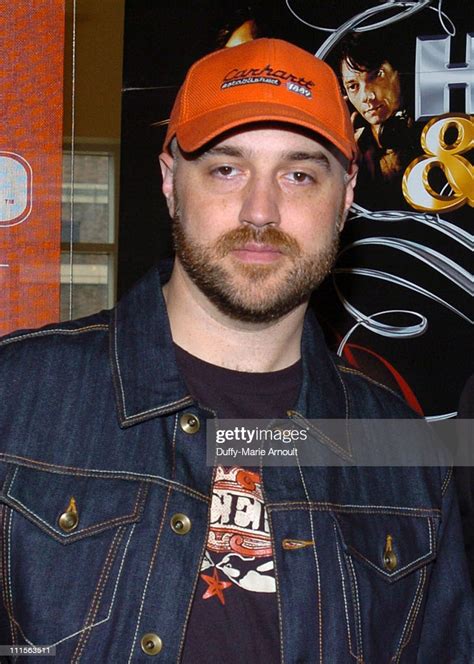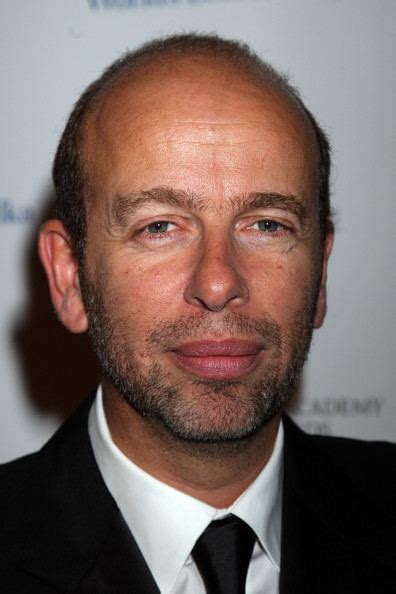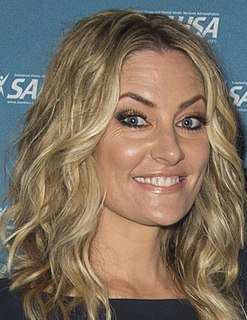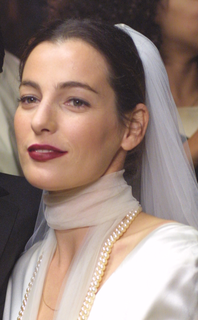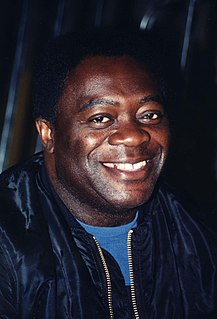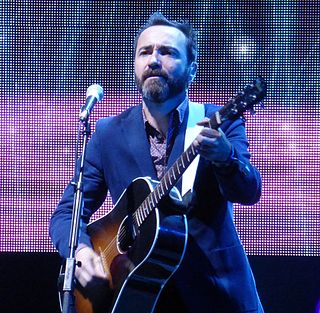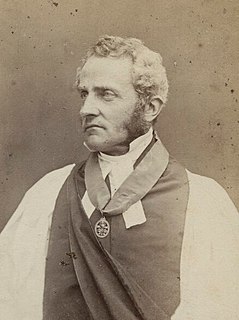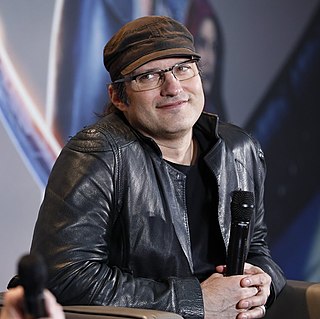A Quote by Craig Brewer
You write a screenplay and then everybody is going to want to get in on it and we have to figure that out. I've written three screenplays that are at studios and I still haven't been making them yet so there is always something that is either going to trip something up or maybe get another pass.
Related Quotes
It's very nerve-wracking dressing someone because you obviously do everything you can to get them to be interested in something you've done, and then you hear they're wearing it, and then, obviously, they're going to step out in it, and you want to know that it's all going to work and what everybody's going to say about it.
I don't generate a storyline and then fill it out in the course of writing. The story actually generates in the course of the writing. It's one of the reasons I've never been comfortable doing screenplays, because in order to get the contract for the screenplay, you have to sit down and tell them what's going to happen.
Then something fails and they're all out again, but DVD revenue is disappearing, you know, it's not disappearing but it's going off a cliff and what that's done is it's polarized the industry in a way that I've never seen before where studios are making less, they're bifurcating their choices where they're either going very, very big or they're just picking up a few rights on an acquisition basis or making really small things.
If there's a good screenplay, there's a chance that something good is going to happen. If you don't have a brilliant screenplay, then you either have amazing actors who give you the chance to improve whatever is on the page, or an interesting director who has enough faith in the project that they can carry it through and get it somewhere.
My social life goes in bursts, where I get like, "Oh, I gotta get out and do something, man, I gotta do something." And I'll plan a trip and go on a motorcycle trip down the Baja Peninsula for 900 miles and I'll hang out with my friends for like a month, and then they'll never see me for two months or three months or whatever, and I won't answer any calls.
The worst part is that if you become part of a major - all these independent labels become farm teams for your corporate parent. Basically, you do all the work for years, blowing up an artist - you discover them, blow them up, you build their fan base. And then that artist is like, "Okay, now I'm here. Now I want more. I want to be bigger." And you're either going to be able to accommodate them, you're going to be able to figure out how to take that step with them, or you're going to lose them.
If you really want to break it down, on a small movie everybody knows that they're there for artistic reasons to do something special to make something amazing, and they're not going to get their normal hotel and they're not going to get their trailer, but they're willing to forgo that - and of course the salary - because they want to do something really special. On a big movie, most people are getting paid a lot of money, and so they're there to do the work.
